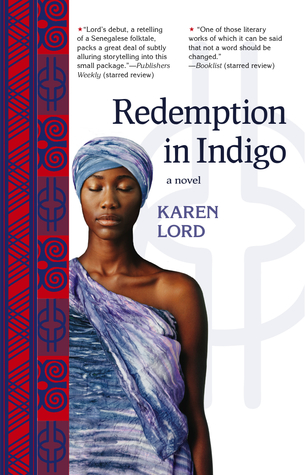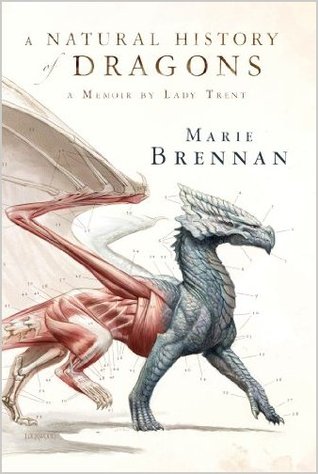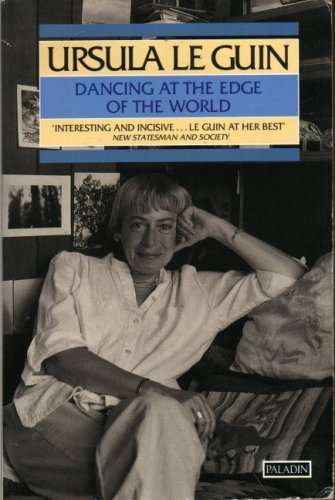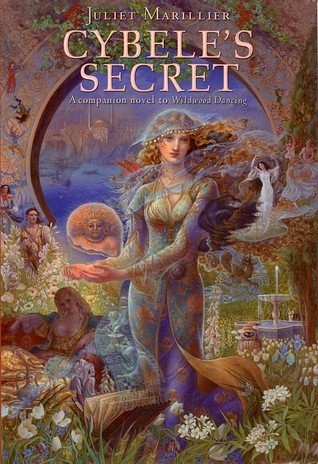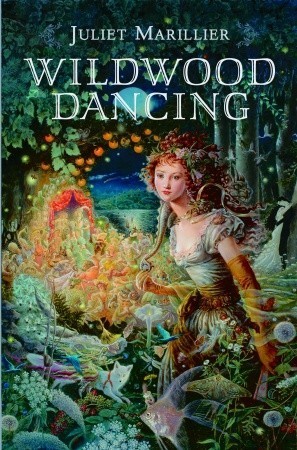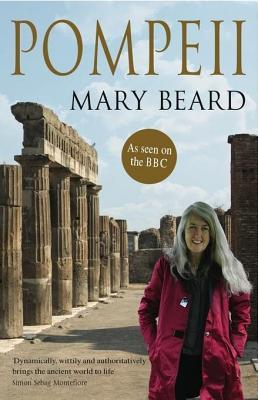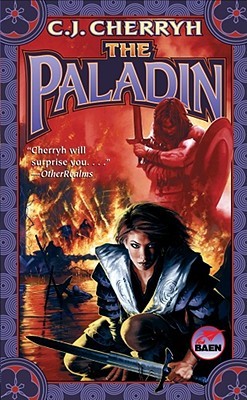 The Paladin, C.J. Cherryh
The Paladin, C.J. Cherryh
Review from 25th January, 2013
I forced myself to finish this one because it counts for my WWE Women of Genre Fiction challenge, but I wasn’t very happy about it. This isn’t a great introduction to C.J. Cherryh’s work, I think: it’s a standalone fantasy-ish alternate history-ish story, which would normally be right up my alley. It’s even a break from the medieval European fantasy that gluts the genre, based on Chinese culture and history (so far as I can tell). It has a strong female protagonist who becomes a swordswoman. And if she’d been the main character — or more accurately, the point of view character — I’d have loved it, I think.
I was encouraged to finish reading it, anyway, by Jo Walton’s positive review. I do like her point about turning the traditional story around — telling it from the female protagonist’s point of view would be the expected way to do it. I like the realism of it, the military training that is described in a way that makes you feel it, but without detail where it can slip from lack of research. I did enjoy the world, the training, Taizu’s determination, the details of caring for horses and sleeping on the ground and snatching sleep for fear of bandits.
But I didn’t find the “love story” Walton mentions nearly so compelling. From the start, Shoka thinly veils from himself and the reader that he wants to rape Taizu, and that he believes it won’t be his fault if he does. It’s all the male excuses for rape ever — “she tempted me just by existing”, “I haven’t had sex in so long I need it”, “what did she expect when she shacked up alone with a lonely guy?” (despite his promise to her that he’s not expecting her to have sex with him) — and, just, ugh. A certain amount of it I can put down to culture, and a certain amount I can see as part of a character’s journey, but I don’t feel like Shoka really made that journey. He did develop as a character somewhat, becoming part of the world again, but his attitudes to women didn’t change, only his attitude to a single woman.
Taizu is an amazing character in herself — dogged, intelligent, brave, and at the same time not perfect, struggling with herself and with Shoka and with her past. She does have a journey, going from being a farmer-girl bent on revenge to being a swordswoman who is, quite honestly, more suited to the “Way” Shoka talks about than he is. He worries about her dishonouring him, but she would never. All the dishonour comes from Shoka himself.
Anyway, once I got about two thirds of the way through, I began to enjoy it more. As Shoka begins to trust Taizu, he becomes that bit more likeable, the story that bit more dynamic, though I could’ve lived without him constantly calling her a fool or acting like she can’t take care of herself. Clearly, she can.
So, in summary, it’s worth reading for Taizu, if you like slow building stories about military training and eventual revenge. I think the closest comparison is to Across The Nightingale Floor (Lian Hearn), which I loved when I read it. But be warned: rapey!
Rating: 2/5
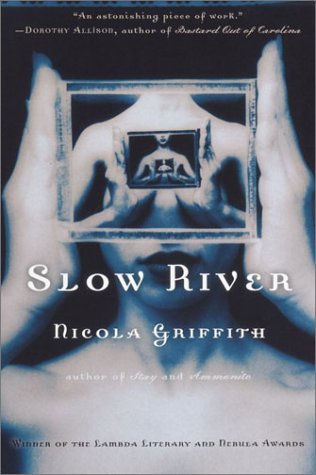 Slow River, Nicola Griffith
Slow River, Nicola Griffith
